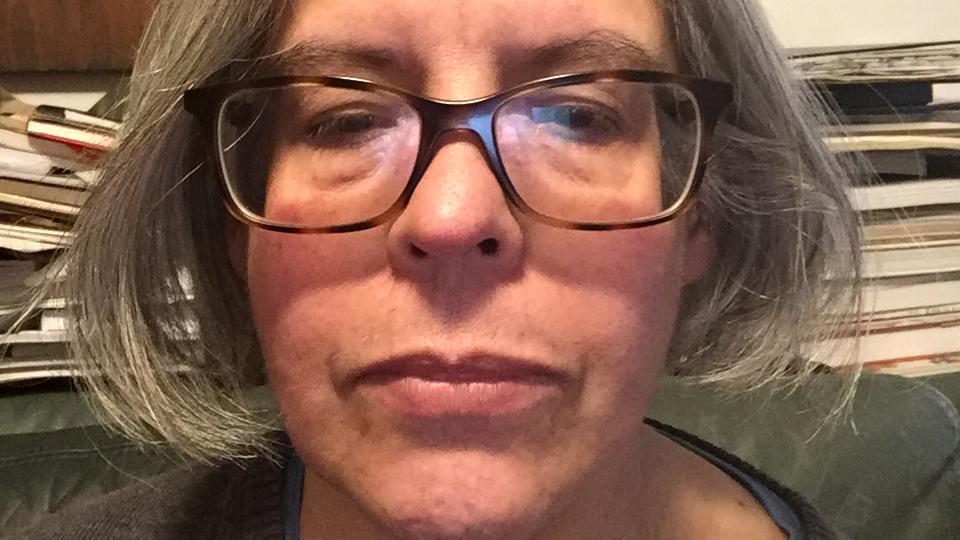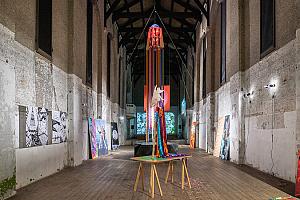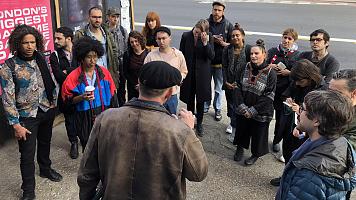Course information
Department
Length
1 year full-time or 2 years part-time
Course overview
The Graduate Diploma in Contemporary Art History is for graduates of other disciplines with an interest in contemporary art and ideas, and who wish to carry out research at higher levels in the fields of visual cultures.
By studying this programme, you will build upon your existing knowledge and develop a greater independent and critical engagement in the fields of art and visual cultures.
Why study Graduate Diploma in Contemporary Art History at Goldsmiths
- You'll investigate contemporary art, art theory and visual culture from around the world through an approach that is interdisciplinary, thematic, practice- and ideas-led rather than chronological.
- You will develop an independent approach to learning as well as a greater ability to think critically and creatively in order to prepare you for further study at a graduate level.
- You'll explore visual culture in all forms to broaden your outlook. You’ll not only examine the kinds of artefacts you might see in museums and art galleries, but also those that make up our everyday environment: architecture, city and landscapes, adverts, TV and film, websites, the body, and street style.
- Study at a top creative university based in vibrant South-East London, where you’ll discover everything from art spaces and studios to foodie pop-ups and markets.
- Our London location means you can take advantage of the many galleries, art spaces, museums, cultural facilities and specialist libraries the city has to offer.
- We encourage you to get involved in student-led activities and personal development projects.
- Many of our recent graduates have gone on to further study in the Department including MA Contemporary Art Theory, MA Research Architecture and MRes Curatorial Knowledge as well as other programmes across the College.
- Our recent graduates have also gone on to work as curators and in other creative fields.
Follow us on Instagram @goldsmithsvcs
Contact the department
If you have specific questions about the degree, contact Alice Andrews.






